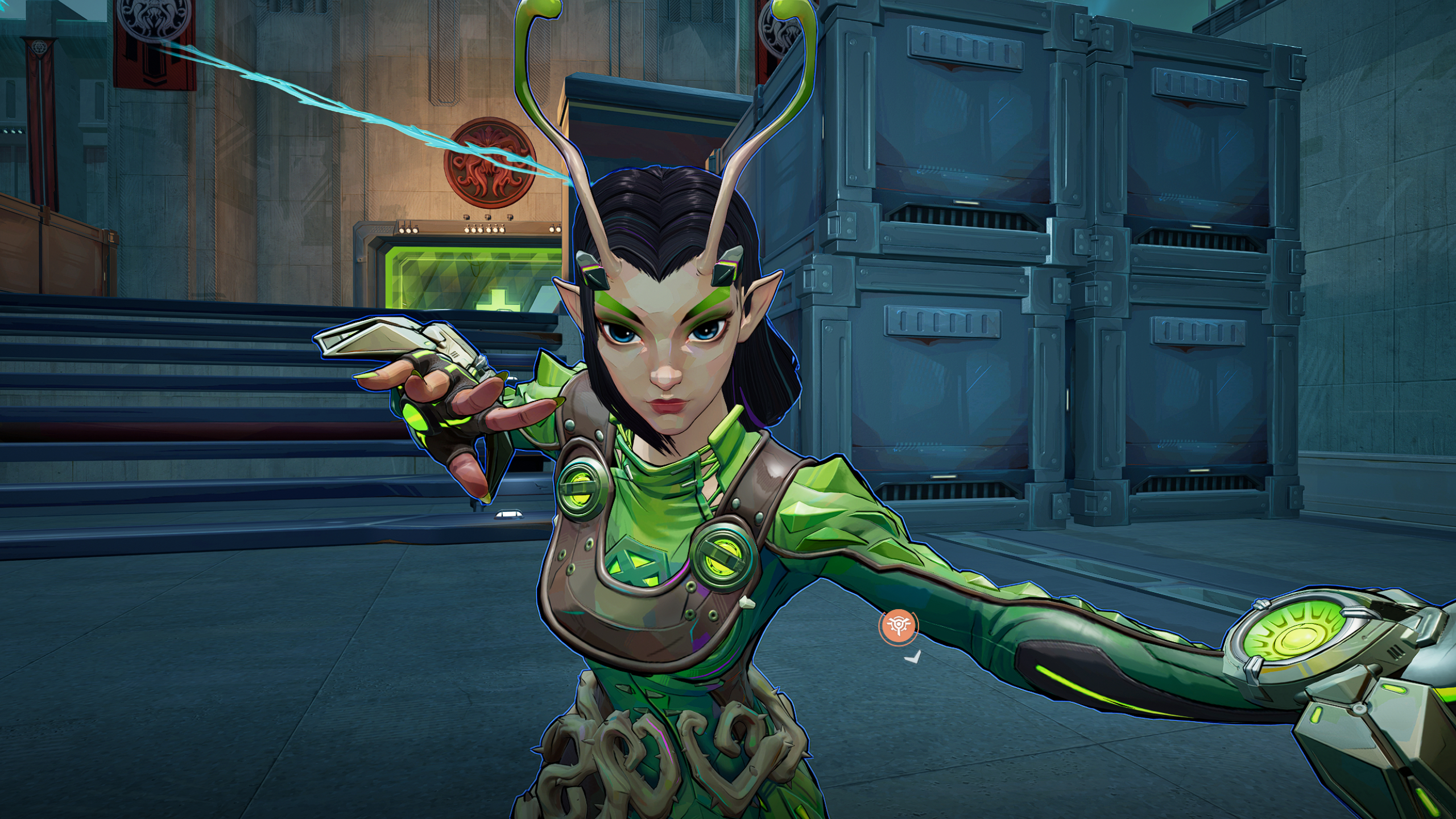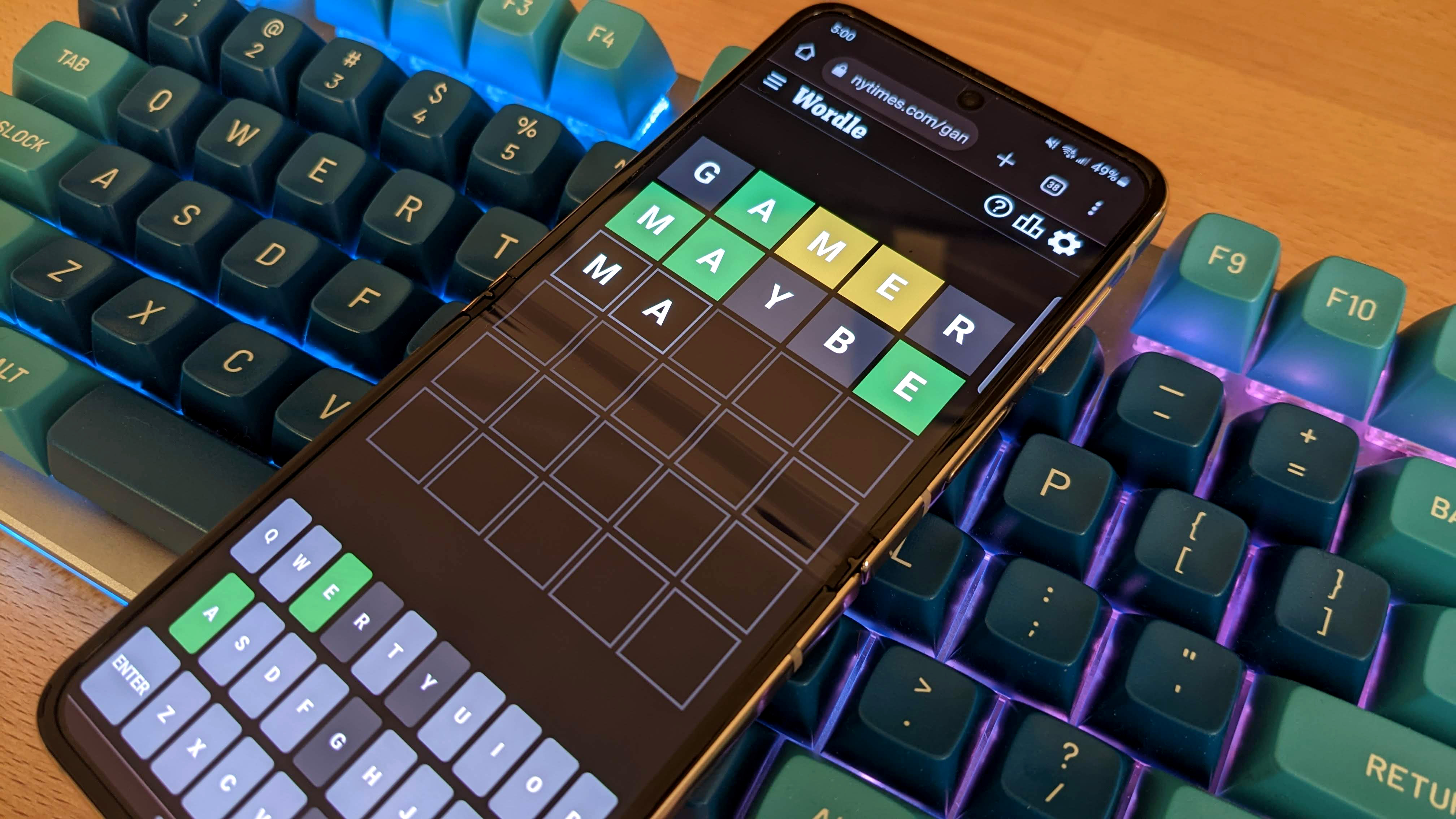
Mufasa: The Lion King Review
Mufasa: The Lion King is the best version of a Barry Jenkins-directed children’s film imaginable. That compliment might read as backhanded, but considering many were afraid the Disney machine would chop and screw the visual and storytelling splendor of the director behind Moonlight, such an astonishing result is a mighty win. This photorealistic prequel to Jon Favreau’s 2019 remake of The Lion King is a major technical achievement and an emotional leap forward from its predecessor. And while the story of Mufasa and Taka, two brothers turned enemies, isn’t altogether new, Jenkins adds enough twists and turns across varied terrains for their predictable sibling rivalry to have some bite.
Seeing Jenkins guiding this material, no matter how assured, will surely rattle many who’d rather he make an original film. But there isn’t the sense Jenkins made Mufasa to satisfy only adult filmgoers (though there is an aching tribute to James Earl Jones that’ll touch many older viewers). This movie is aimed at a younger audience. There’s mischievous humour and jaunty show tunes to accompany the campfire-story mood. Sometimes the desire to keep the audience engaged – accomplished through a framing device that sees Mufasa’s story told to his granddaughter, Kiara (Blue Ivy Carter), by the sage mandril Rafiki (John Kani) – restricts us from fully immersing ourselves in this digital world. By the end, however, Jenkins works enough enchantment for Mufasa to conjure real joy and urgent poignancy.
It helps that unlike Favreau, Jenkins isn’t restricted to making a shot-for-shot remake. As related by Rafiki – and frequently, annoyingly interrupted by asides from sidekicks Pumbaa (Seth Rogen) and Timon (Billy Eichner) – Jeff Nathanson’s script finds young Mufasa (Braelyn Rankins) living in a cracked, drought-stricken land and dreaming of a far away verdant paradise called Milele (a swahili word meaning “forever”). After a sudden violent flood (which mirrors both the action and emotional impact of the animated original’s wildebeest stampede) rips the cub away from his mother and father, he drifts miles down river, where he’s saved by the prince of another pride, Taka (Theo Somolu). Thematically, you can already see why Jenkins would be attracted to this material. His miniseries adaptation of Colson Whitehead’s The Underground Railroad previously demonstrated his keen interest in kinship, ancestry, oral storytelling, and maternal love. The last of those themes takes shape through Taka’s mother, Eshe (Thandiwe Newton), who raises Mufasa despite the grumblings of her husband Obasi (Lennie Jones), who sees outsiders as a plague to be purged. As portrayed by a commanding Aaron Pierre, the orphan grows to become more like Eshe, learning empathy, imagination, and sensitivity; Taka (a cagey Kelvin Harrison Jr.), on the other hand, learns deceit and laziness from his father.
The juxtaposition of the two lions hits on another of Jenkins’ interests: the repeating of violent cycles that are sometimes passed from father to son. Mufasa overtly cranks up this theme, almost to its detriment, with the emergence of the totalitarian white lion Kiros (Mads Mikkelsen). Fleeing from Kiros and his murderous followers across rich renderings of tangled jungles and crocodile-infested waters, Mufasa and Taka meet the lioness Sarabi (Tiffany Boone), her hornbill scout Zazu (Preston Nyman), and Rafiki (Kagiso Lediga), who’s been exiled from his community because of his promonitions. The film is strongest when Jenkins follows this quintet of castaways: Coming-of-age angst like Taka falling for Sarabi initially adds some lighthearted tension to the mix.
But Mufasa stumbles whenever it cuts back to Kiara. These interludes are a logical inclusion, especially because her questions about betrayal and hate will probably be echoed by the kids in the audience. But whatever comic relief Timon and Pumbaa are supposed to provide simply doesn’t land. They’re often unfunny, relying on the worn-out schtick of poking fun at Disney and its legacy of tie-in products and best-selling soundtracks, as though they’re edgier than the no-brainer economics that generated a prequel to Favreau’s billion-dollar (and far inferior) Lion King. They’re also tasked with reminding us of where we’re at in the story, a responsibility that often feels tonally misplaced.
Fortunately, there’s a lot of visual majesty to distract from Mufasa’s comedic shortcomings. Jenkins and his long time cinematographer James Laxton love sweeping camera movement, relying on tracks, whip pans, and cranes to capture wide vistas of lush grasslands and snow capped mountains – and unlike a lot of contemporary Disney productions, you’d never know they pulled it all off on a soundstage. The pair clearly take pleasure in the gorgeous world they’ve created, and it’s refreshing to see long, unhurried takes that trust the audience to look at an image for longer than five seconds. Similarly, editor Joi McMillon’s dissolves efficiently roll us from scene to scene rather than bludgeoning viewers with hyperactive cuts.
Jenkins’ firm trust in the technology is also rewarded. As opposed to Favreau’s cast in The Lion King, the elephants, giraffes and birds here don’t look like pieces of melted plastic. They’re impressively elastic. Likewise, the lions actually have facial expressions, emoting with a naturalness that doesn’t play like something out of the uncanny valley. That movement certainly helps with the film’s original songs, written by Lin-Manuel Miranda. Most of Miranda’s tracks are memorable enough tunes that get us to bob along with the story. The primary highlight, however, is the R&B duet “Tell Me It’s You,” which pushes Mufasa and Sarabi’s burgeoning love in the face of a jealous Taka. That rhythmically kinetic song is a welcome throwback to the days of the Disney Renaissance, when singers like Peabo Bryson lent their vocals to smashes from musical-theater giants like Howard Ashman and Alan Menken. (Before the pop stars were writing and singing the songs, as Elton John did for the original Lion King.)
By the final 10 minutes, however, Jenkins needs to tie several bows: the final confrontation between Mufasa and Kiros, the origin of Taka’s scar, and the creation of Pride Rock. He does so with aplomb, crafting a thrilling final sequence that, when cross cut between Mufasa and Kiara, brings everything full circle.








